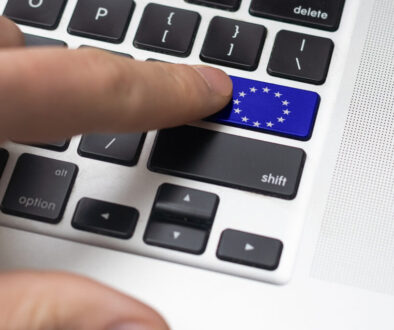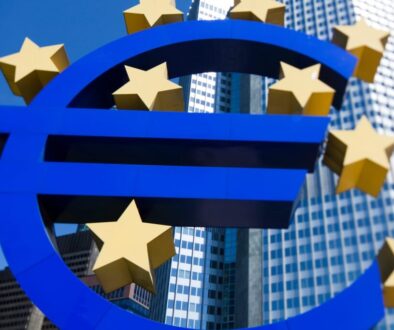EU accuses Meta for Digital Markets Act breach with “pay or consent”
The European Commission has charged Meta, Facebook’s parent company, with violating the EU’s Digital Markets Act (DMA), just a week after filing a similar case against Apple. The DMA, effective since March, aims to enhance consumer choice and foster market opportunities for European start-ups. Brussels regulators expressed concern over Meta’s “pay or consent” model, which allows users to either use Facebook and Instagram for free while consenting to data collection or pay to avoid data sharing. This model, they argue, presents a potentially misleading choice, pressuring users to consent to data tracking.
Under the DMA, tech giants must obtain explicit user consent when combining or cross-using personal data across different core platform services. The EU insists that users who do not consent should still have access to a comparable service with minimal personal data usage for ad personalization. Thierry Breton, the EU’s internal market commissioner, stated that Meta’s business model appears to breach the DMA, emphasizing the need for users to control their data usage and ensure fair competition for innovative companies.
Meta responded by asserting that their subscription for no ads complies with the highest court in Europe and the DMA. They expressed a willingness to engage in constructive dialogue with the European Commission to resolve the investigation. If found in breach, Meta could face penalties of up to 10 percent of its global turnover, and up to 20 percent for repeat offenses. The EU’s preliminary findings must be finalized within a year from the start of the official investigation in March.
The EU’s recent actions against Meta and Apple signal a strong commitment to addressing anti-competitive behavior in the tech industry. Margrethe Vestager, the EU’s executive vice-president for digital policy, criticized large companies for not prioritizing compliance, calling the DMA a reasonable demand for a fair and open marketplace. Analysts note that Brussels is prioritizing Big Tech, acknowledging that traditional competition law enforcement has been slow and ineffective.



